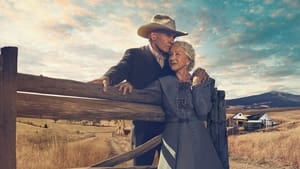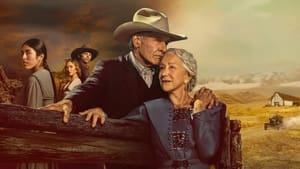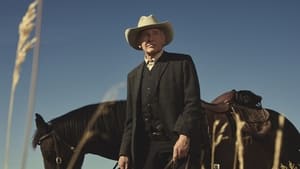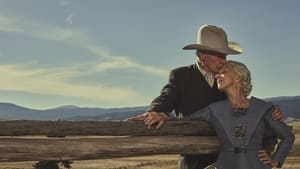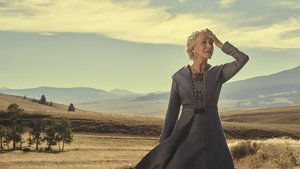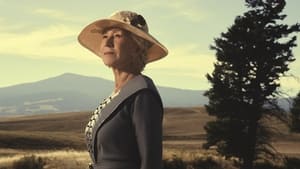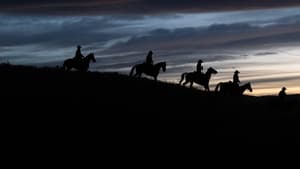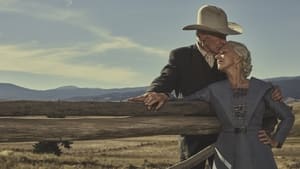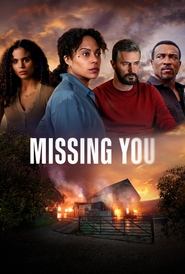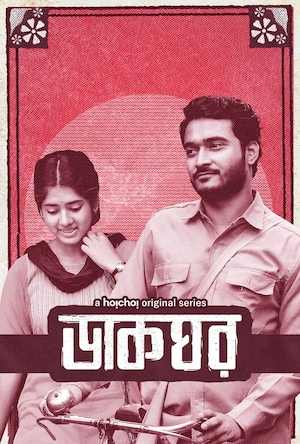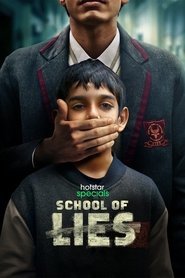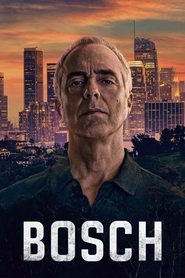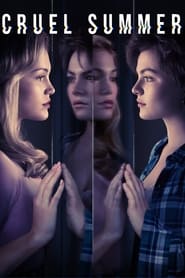
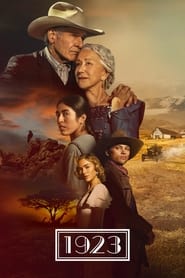
Seasons and episodes
1Season 1 Dec. 18, 2022
 1 - AllS01 Ep(1-8) Feb. 27, 2023
1 - AllS01 Ep(1-8) Feb. 27, 2023
Creator
Creator
Cast
Jacob Dutton
Cara Dutton
Jack Dutton
Elizabeth Strafford
Zane Davis
Teonna Rainwater
Spencer Dutton
Alexandra
Banner Creighton
Narrator (voice)
Video trailer
Synopsis
1923 Season 1 Download In English 720p 480p
StoryLine:
Of all the super-producers in television, Taylor Sheridan has perhaps the strongest affinity for grandeur. His ever-expanding universe of shows – nine within the year, almost all solely written by him – concern such expansive themes as generational inheritance, the maintenance of realm, and the defense of hard-won values, land and family. His magnum opus, Paramount’s Yellowstone, is the most-watched linear TV show in America behind NFL football. It is best described not as a “red-state show” or “Republican Succession” (too simple and condescending for Yellowstone’s muddled politics) but as a soap opera about property rights: between the mega-ranch-owning Dutton family, long-displaced Indigenous people, and the gentrifiers/coastal elites whose land development threatens a pastoral way of life.1923 Season 1 Download.
Sheridan’s latest star-studded Yellowstone prequel, 1923, extends the same ethos back in time, to a limbo era between the wars and before the Depression, between the pre-prequel limited series 1883 and Kevin Costner’s gravelly modern patriarch. Epic sensibilities abound from the jump: “Violence has always haunted this family,” says the voiceover of Elsa Dutton (Isabel May), the fiery pioneer daughter of the Dutton ancestors John and Margaret (played by the country superstars Tim McGraw and Faith Hill) in 1883. She’s following up a cold intro, after Cara Dutton (Helen Mirren) wins a reloading war and kills an unidentified man. Cut to another unidentified man barely escaping a lion’s pounce – “and where it doesn’t follow we hunt it down, we seek it”.
Enter the grizzled visage of Jacob Dutton (Harrison Ford, in his first major TV role, at age 80), his twitching frown framed by canyon-deep lines, his cowboy hat crawling with locusts. He gazes from atop a horse across a field dotted with decaying cattle, swarmed by flies; over-grazing, drought and pestilence already portend the Dust Bowl.
Additional Links:
Original title
1923
TMDb Rating
8.508 64 votes
First air date
Dec. 18, 2022
Last air date
Feb. 26, 2023
Seasons
1
Episodes
8
Average Duration
60 minutes













